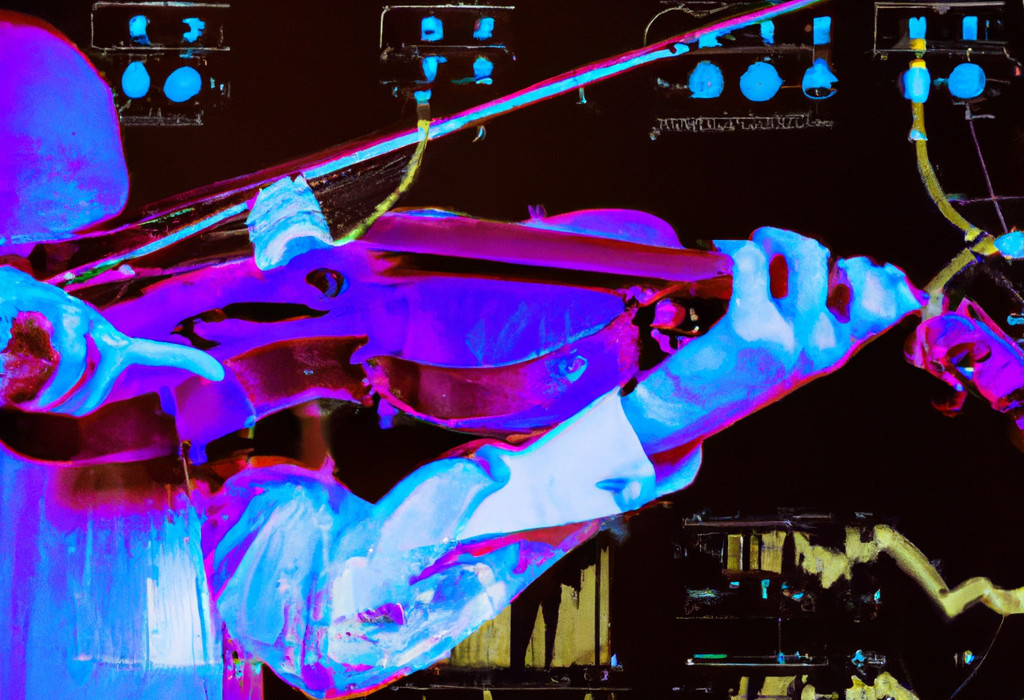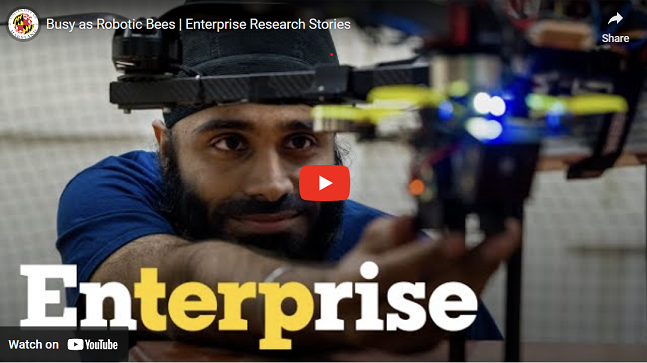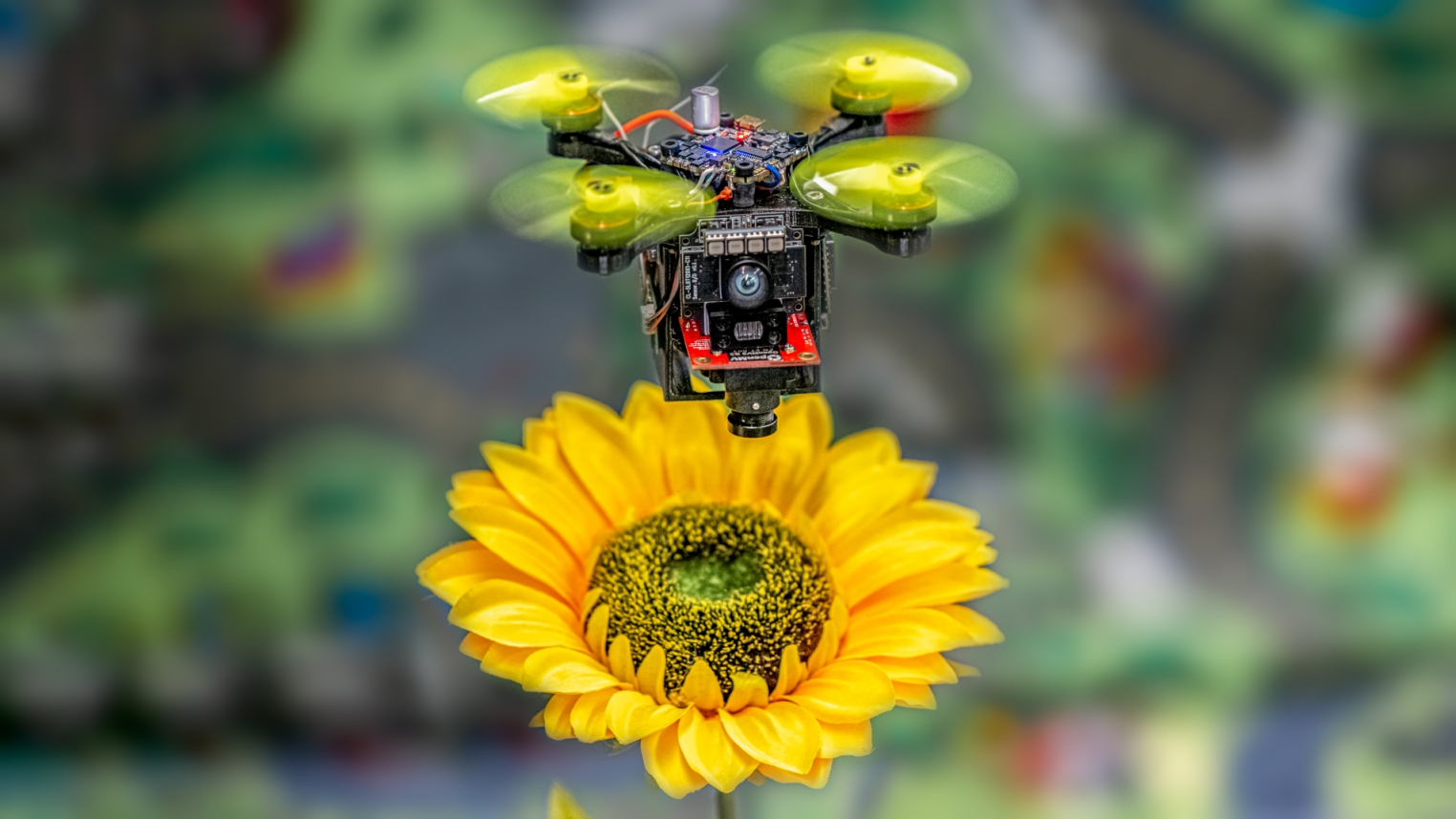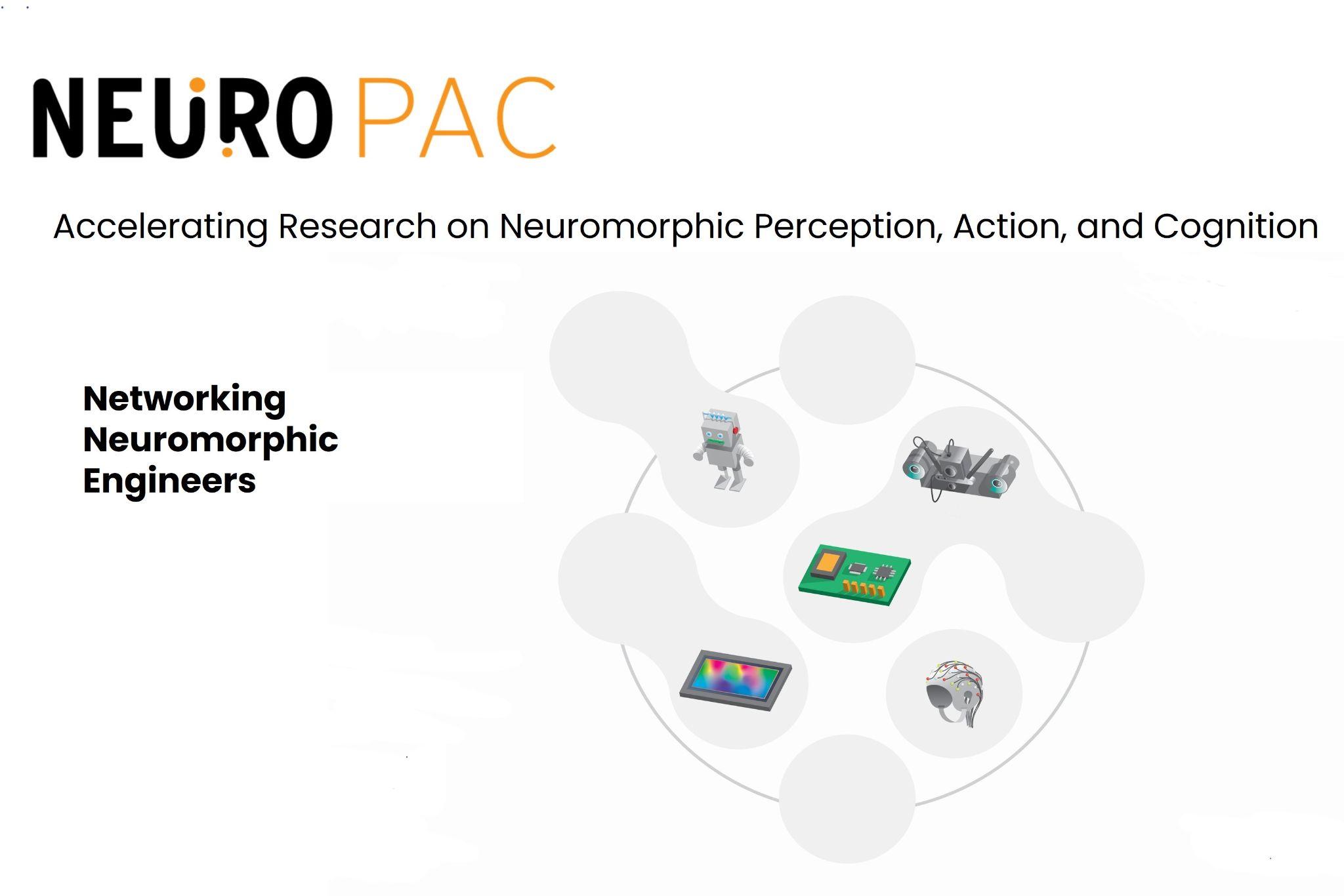Recent News
Cornelia Fermüller, Irina Muresanu and Snehesh Shrestha are developing an AI platform for virtual violin pedagogy. Using cameras/microphones on handheld devices, the software will analyze the student’s playing during individual practice time and provide feedback on posture, bow movements and sound quality. VAIolin will bring new knowledge to education science on how to teach motor tasks, it will develop new AI tools for analyzing human movement and sound, and from a humanity perspective, it will democratize music education.
Three papers from our lab have been accepted in the Int’l Conference on Robotics and Automation - ICRA 2023. Collectively they represent PRG's (prg.cs.umd.edu) dedication to finding novel solutions for real problems in perception-based robotics.
The latest buzz at the University of Maryland? Tiny, autonomous drones that harness the power of artificial intelligence to work together. In this case, the minute robots could one day provide backup to pollinators like honey bees, potentially securing the world’s food crops as these critical insect species face challenges from fungal disease, pesticides and climate change. The project is led by doctoral student Chahat Deep Singh M.E. ’18 of the Perception and Robotics Group, led by Professor Yiannis Aloimonos and Research Scientist Cornelia Fermüller.
AI Research Aims to Provide Backup to Pollinators: The latest buzz at the University of Maryland? Tiny, autonomous drones that harness the power of artificial intelligence to work together. The solution to securing the world's food crops may lie within these tiny drones, which autonomously mimic pollinators like honey bees.
NeuroPAC supported by an NSF AccelNet grant led by the University of Maryland (Cornelia Fermüller (PI), Shihab Shamma and Behtash Babadi (CoPIs) and Johns Hopkins University. networks neuromorphic engineers with computational neuroscientists, roboticists, and researchers of computational theory and perception to advance the foundations of Neuromorphic Intelligence. It will sponsor among others, Fellowships, the Telluride Neuromorphic Cognition Engineering Workshop, and the NeuroPAC webportal.




